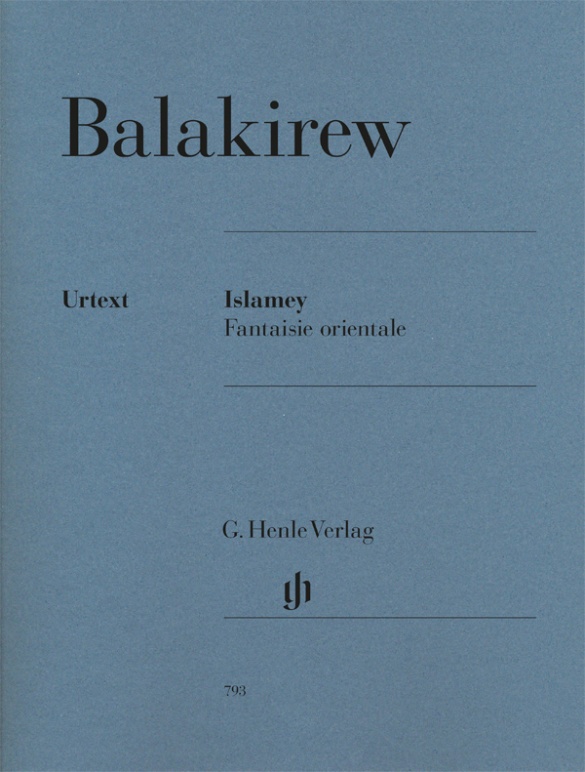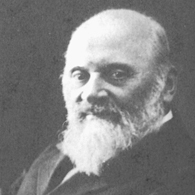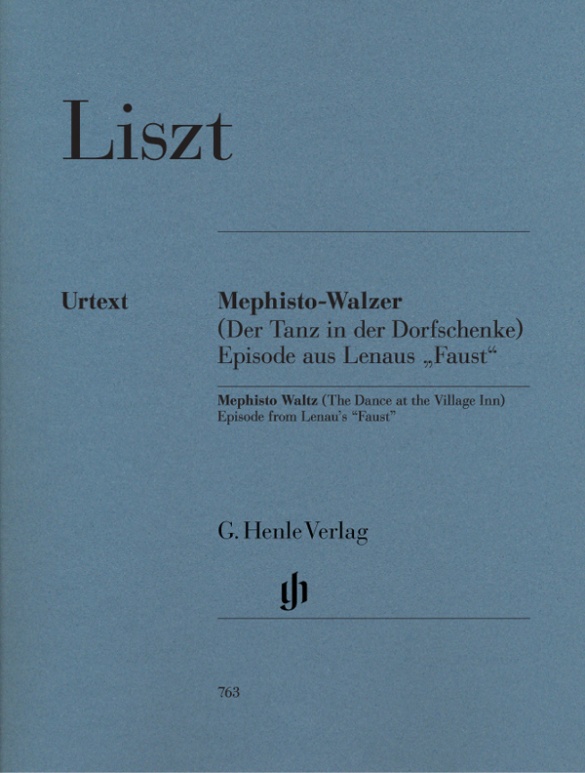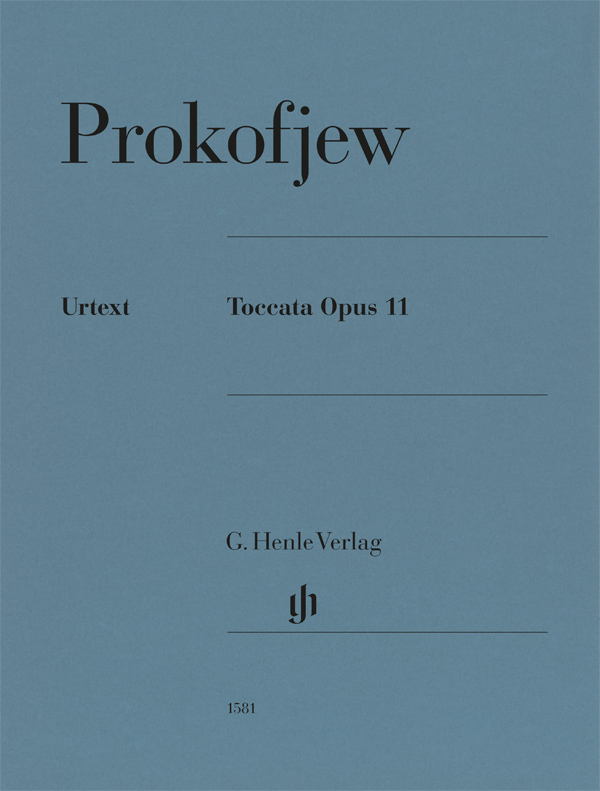

Mily Balakirev
Islamey – Fantaisie orientale
“A wonderful piece, but very difficult – only a few will be able to master it …”. Since this pronouncement by Nicolai Rubinstein, who nonetheless premièred it with bravura, the work has unjustly been stuck with the label of “unplayable”. The wild, almost demonic character of this “oriental fantasy” has certainly contributed to this reputation: through the use of Caucasian and Armenian folk idioms Balakirev calls forth a keyboard firework that aroused the admiration even of the Titan Liszt. Our edition provides today’s pianists with a musical text that is not only reliable and accurate, but also clear and well-organised.
mws-henle.cms.title-works.headline
mws-henle.cms-product-detail.composer-headline

Mili Balakirew
A Russian composer, pianist, conductor and co-founder of the New Russian School of composers called the “Mighty Handful.” His interest in folk music found expression in his works. In addition, he felt particularly indebted to the musical heritage of Mikhail Ivanovich Glinka. An important musical figure without institutional training, he rejected the academy. His compositions include works for piano, pieces for choir and for orchestra, songs, and chamber music.
| 1837 | Born in Nizhny Novgorod on January 2. He receives his first musical instruction from his mother. |
| from 1846 | Piano lessons in Moscow with Alexandre Dubuque and Karl Eisrich. |
| from 1851 | He gives concerts at the home of landowner and patron Alexander Dmitryevich Ulybyshev. He is employed as a choir director. |
| from 1855 | He is introduced to musical life in St. Petersburg and makes the acquaintance of Mikhail Glinka and Alexander Serov. A tight-knit circle of accolytes forms around him, including Modest Mussorgsky, Nicolai Rimsky-Korsakov, and Alexander Borodin. |
| 1862–73 | He founds the Musical Free School in St. Petersburg, organizing and leading its concerts. |
| 1867–69 | Chief conductor of the Russian Musical Society. |
| 1869 | He begins work on the oriental fantasy Islamey, regarded as one of the most technically challenging works in the piano literature. |
| from 1873 | Personal crises prompt him to take a multi-year hiatus from music. |
| 1881–1908 | Director of the Musical Free School. |
| 1883 | Appointed music director of the Imperial Chapel. |
| 1910 | Dies in St. Petersburg on May 29. |
mws-henle.cms-product-detail.author-headline

Norbert Gertsch (mws-henle.person.role.HERAUSGEBE)
Dr. Norbert Gertsch, born in 1967 in Rheinkamp/Moers, studied piano solo at the Mozarteum in Salzburg and read musicology and philosophy at the Paris Lodron University in Salzburg and the Ruperto Carola University Heidelberg on a scholarship from the “Studienstiftung des Deutschen Volkes”. In 1996 he wrote his doctoral thesis on Ludwig van Beethoven’s Missa solemnis (as part of the New Complete Edition) under Ludwig Finscher.
In the following year, he began to work at G. Henle Publishers, initially as an editor for electronic publishing. After working on a two-year project (1999–2000) sponsored by the German Research Foundation (DFG) preparing a new Beethoven Catalogue of Works, he became a scholarly editor at G. Henle Publishers. In 2003 he became Editor-in-Chief, in 2009 Deputy Managing Director and Head of Publishing. As of 1 January 2024, the Executive Board of the Günter Henle Foundation has appointed Dr. Norbert Gertsch, as the new managing director, succeeding Dr. Wolf-Dieter Seiffert.
Gertsch has published many Urtext editions for G. Henle Publishers, including volumes for a new edition of Beethoven’s Piano Sonatas together with Murray Perahia.
Product Safety Informations (GPSR)

G. Henle Verlag
Here you can find the information about the manufacturer of the product.G. Henle Verlag e.K.
Forstenrieder Allee 122
81476 München
Germany
info@henle.de
www.henle.com
Die neue, mustergültige Henle-Urtextausgabe bietet erstmals eine präzise Notenvorlage im kritischen Abgleich von Autograph (1869) und den jeweils vom Komponisten revidierten Ausgaben von Rather (1902) und Jurgenson (1909). Der Anhang bringt die verschiedenen Lesarten, einschließlich der Druckfehler, und bietet somit eine verlässliche Neuorientierung für Konzertpianisten und Meisterklassenschüler.
Neue Musikzeitung, 2006The superiority of the new edition is evident in the clarity of its presentation. The fact that the notes are elegantly spaced over 23 pages as opposed to the squashed and compressed 18 of the old … version says it all. Additionally, Henle provides a highly informative preface, sketching the origins of the folk material and the evolution of the piece itself.
International Piano, 2006If you never reach a quarter of the metronome marking, I nevertheless urge you to pick up a copy of Henle’s unfussy edition. … The ingenuity of the writing easily matches ‘Scarbo’ … and Henle’s Norbert Gertsch certainly helps us to see much of what is important in this music.
Piano Professional, 2005Les pianistes d’aujourd’hui peuvent non seulement se fier à la fidélité de l’édition Henle à l’égard de l’original, mais ils apprécieront aussi la perfection et la clarté d’agencement du texte musical.
Crescendo, 2005Tot aan het einde van zijn leven bleef Balakirev aan het stuk schaven. In de nieuwe Urtext van Henle zijn al deze wijzigingen, varianten en vingerzettingen minutieus verantwoord. Bovendien zijn de door Balakirev opgetekende originele melodieën opgenomen. Wie het aandurft om dit stuk op de lessenaar te zetten, kan zich geen betere uitgave wensen.
Pianowereld, 2005推荐
autogenerated_cross_selling
本书目其他版本
本书目其他版本





